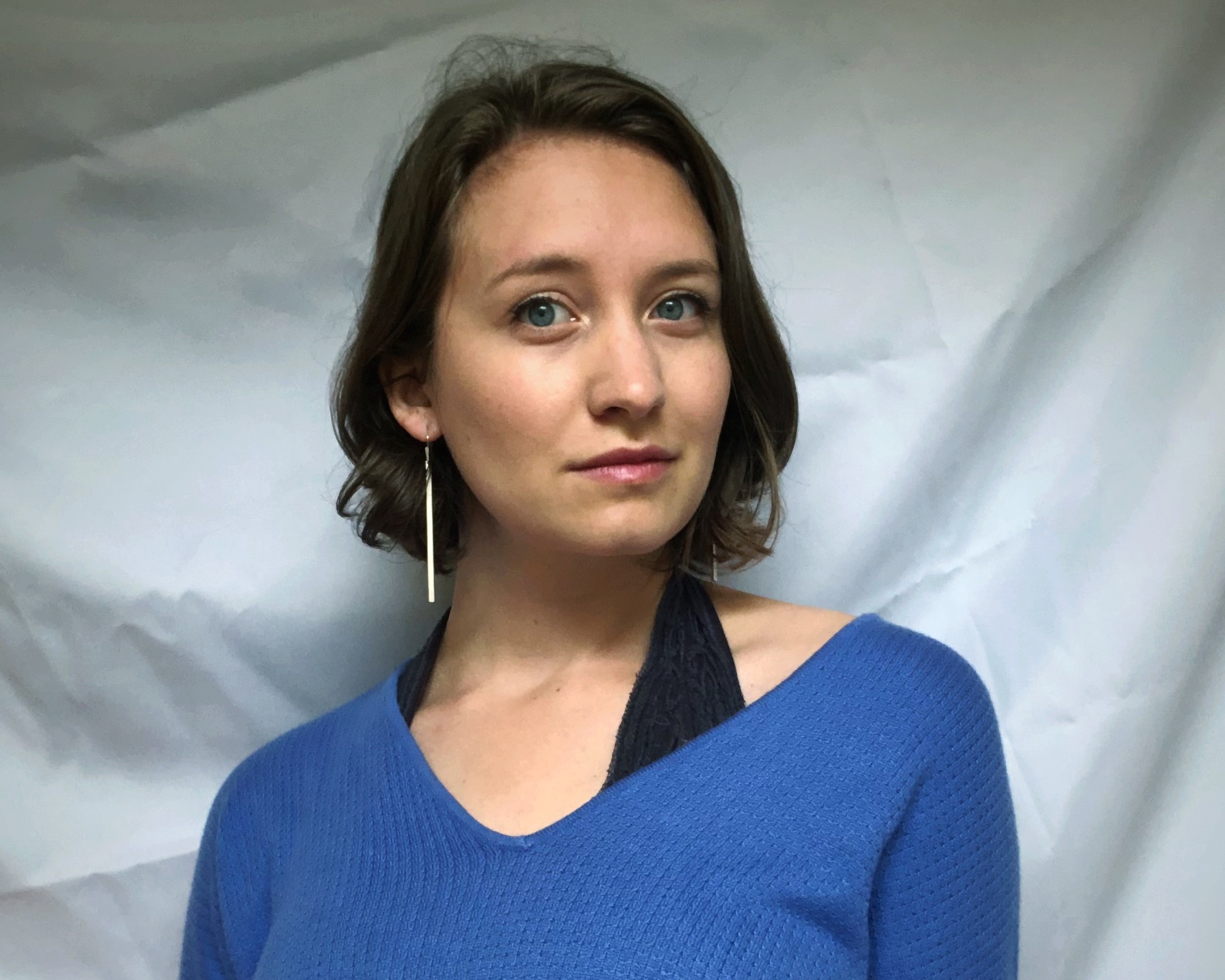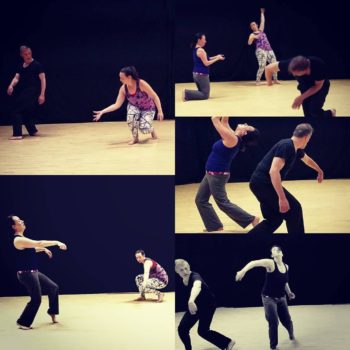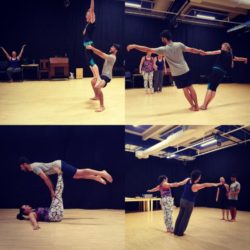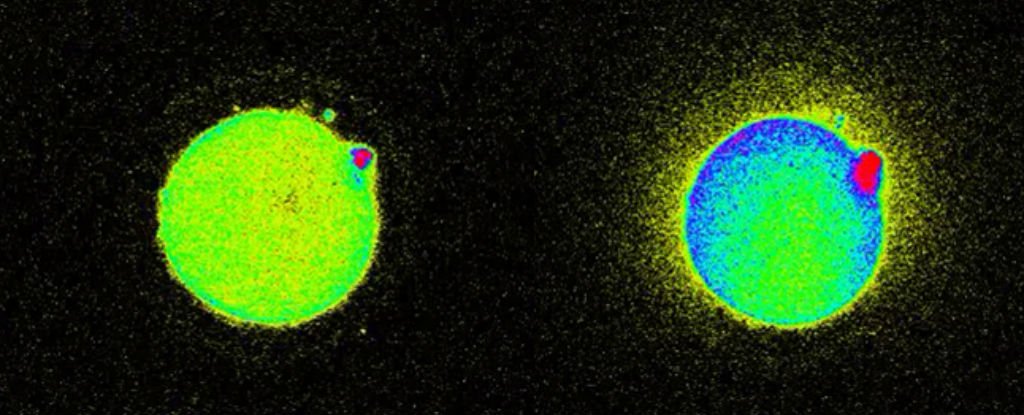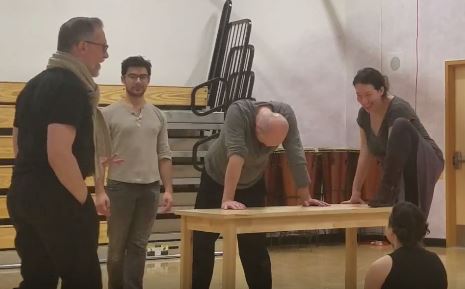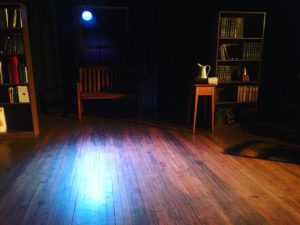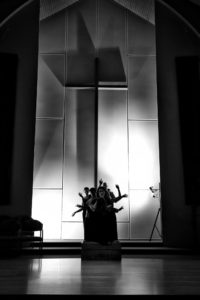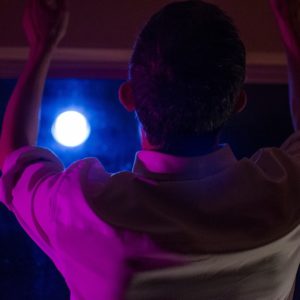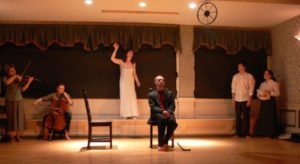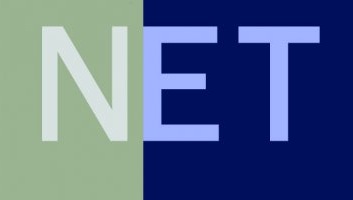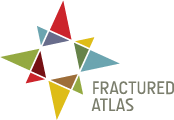Seats are available now for our upcoming production, The Maids/Vexations, a simultaneity of performance
Running Oct 25 through Nov 24.
This is the latest APL production to follow our distictive chamber drama format (pioneered with our 2015 The Glas Nocturne), produced in the APL Downstairs Studio for audiences of no more than 10 per performance.
Request your invitation at https://goo.gl/forms/0fQP4vmfKucwLkLP2
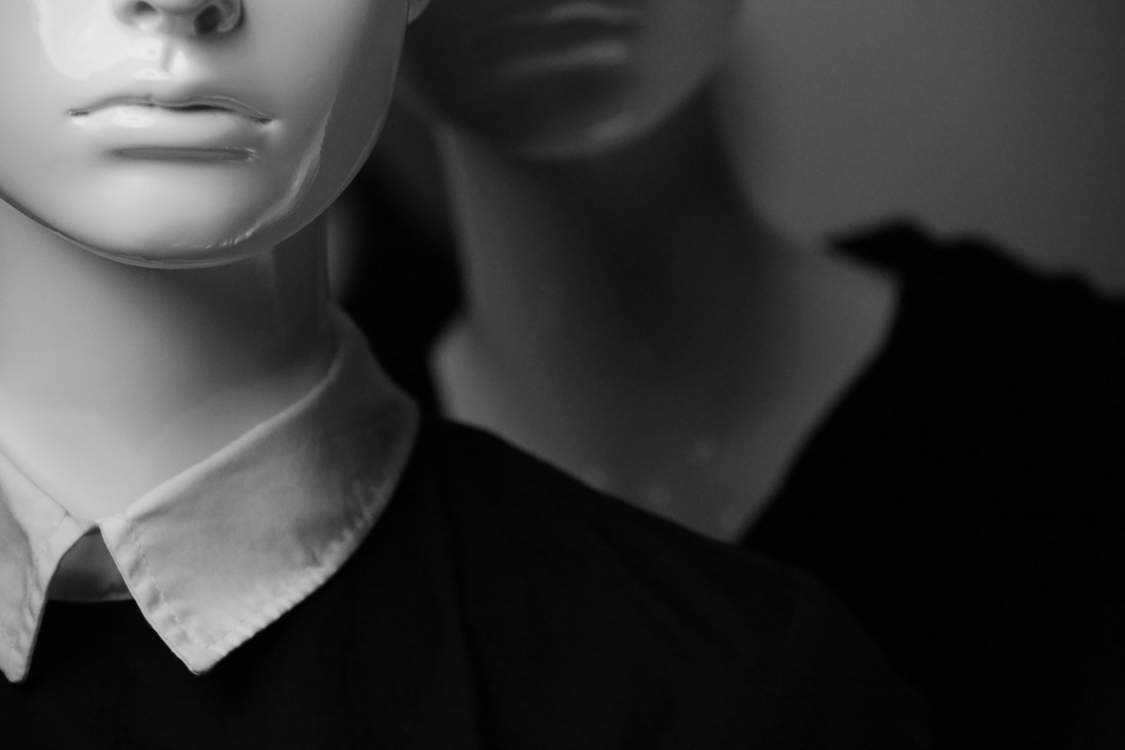
“The game is dangerous. I’m sure we left traces.” ~Solange
“…it would be advisable to prepare oneself beforehand, and in the deepest silence, by serious immobilities.” ~Erik Satie
Featuring:
The Maids by Jean Genet ~ Annie Paladino, Catherine Lavy, Emily Testa
Vexations, by Erik Satie ~ Zhenya Lavy, piano
Direction and Scenography ~ Joseph Lavy
Production Assistant ~ Kyrie Dawson
Technical Direction ~ Tomas Campomanes
By bringing together Genet’s The Maids (original English translation by Joseph Lavy) and Satie’s Vexations in independent but concurrent performances within a shared space, APL seeks to challenge the notion of unified event – Satie’s brief, infinitely expansive experimental piano piece being no more accompaniment to the theatrical performance than the play is dramatic context for the musical performance.
The confluence of Genet’s erotically-charged rite of desire, identity, fantasy, and power with Satie’s notorious durational composition – reported to induce hallucinations in the performer – will prove illuminating, confounding, and potentially mind-altering!
Each performance is limited to 10 attendees. Come to see The Maids. Come to hear Vexations. Come knowing both will happen simultaneously!
All performances are by invitation only and PWYC ($30 suggested).
To request your invitation follow the link
https://goo.gl/forms/0fQP4vmfKucwLkLP2
*NOTE: The Maids contains mature language and physicality. Not recommended for audiences under 14.
Akropolis Performance Lab productions are made possible in part by 4Culture and the generous support of individual patrons.

